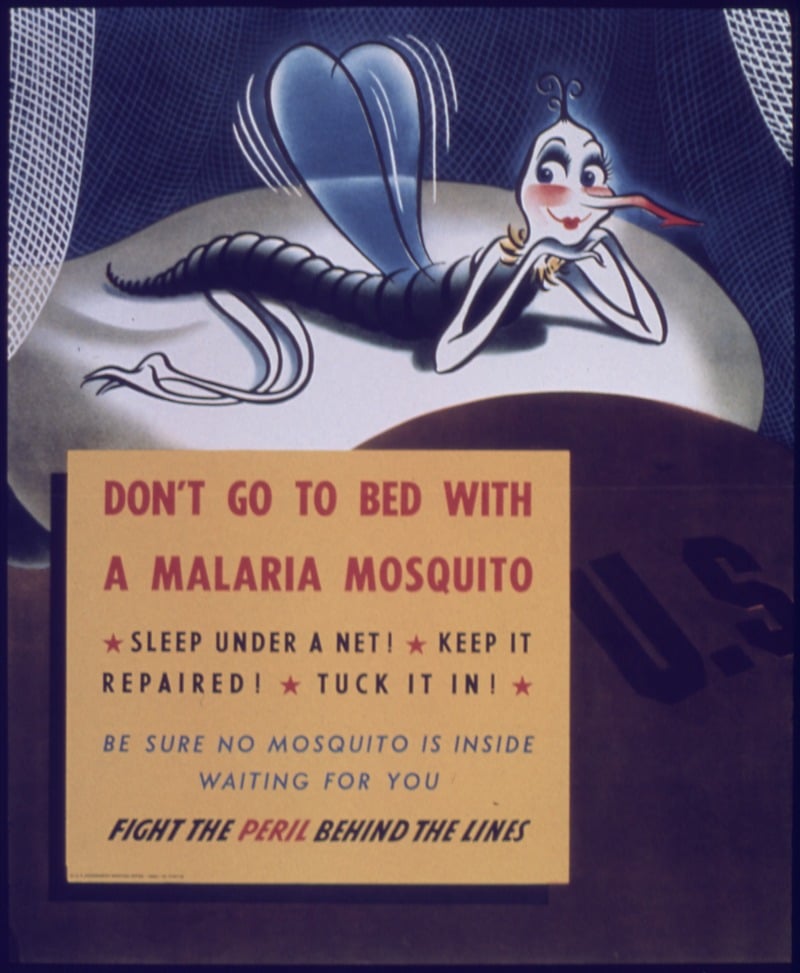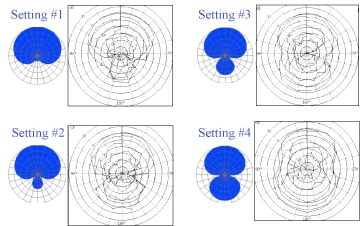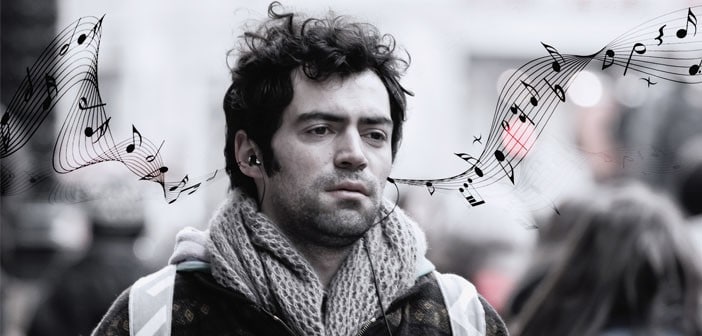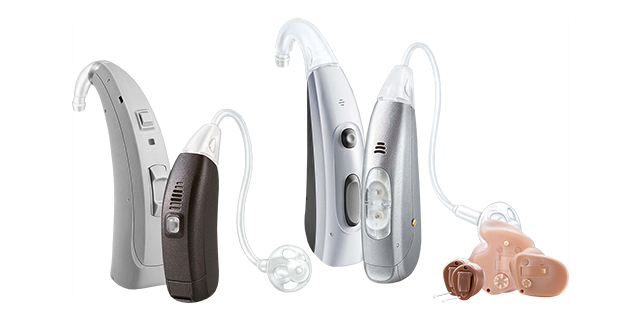Feb. 02, 2016
A Moving Experience
By: Judy L. Huch, AuD Audiological Office Management: Moving One of our offices was recently moved a few miles into town from its original location. The office prospered for 15 years in that location, but the five-year renewal was up and it was time to decide whether to stay in the same location, move to another location, or close and












